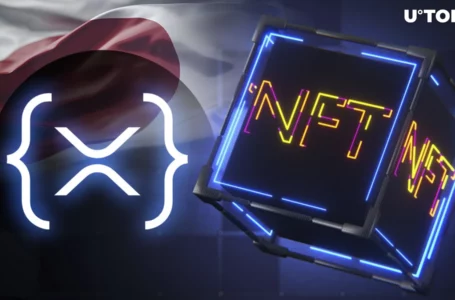
Tinkering with the Metaverse has become a trend among major brands and companies. This time, it has caught the attention of two of the largest automakers globally, Nissan and Toyota.
On April 22, Japanese automakers Nissan and Toyota announced their entry into the Metaverse to provide new virtual experiences for their users, by hosting digital events and building virtual customer service desks.
According to the Japanese newspaper Nikkei Asia, both companies seek to innovate in the Metaverse, offering immersive exhibitions of their cars through the use of virtual reality (VR), all this thanks to their partnerships with the video game developer startup VRChat.
How Nissan and Toyota are approaching the metaverse
Nissan will focus on creating virtual reality rooms for its customers. In contrast, Toyota will focus on remote working environments, creating offices for its staff where they can discuss technical developments through the use of their avatars.
In other words, now, some of Toyota’s work meetings won’t be physical but in the Metaverse. According to a company representative, this new work area is opening up as a result of the problems caused by the coronavirus.
“As more and more people are working from home due to the coronavirus, we are providing younger employees and others with communication options within the company.”
For now, Nissan and Toyota did not officially inform in which Metaverse they will launch their new offices, so people will have to wait to find out whether they will opt for a centralized one like Meta’s or a decentralized one like Decentraland.
Automotive brands are growing in the digital world
Nissan and Toyota are not the first automotive brands or companies to innovate in this new Metaverse trend. Other companies, such as Volkswagen and Mercedes Benz, launched campaigns in early April to promote their Metaverse entries, awarding prizes such as the latest PS5 and advanced driving lessons at one of Volkswagen’s academies.
Bridget Harpur, marketing director for Volkswagen Passenger Vehicles, said that this “new universe” offered by the metaverse “made an exceptional impact on the consumer,” so they will likely continue to create new events and experiences for their user and fan base.
Additionally, other luxury automakers such as Ferrari have yet to officially join the Metaverse, but are already trying their hand at creating NFTs, hand in hand with blockchain companies such as Velas Network.
This means that, little by little most of the major automotive companies are betting on the technologies behind cryptocurrencies.


















